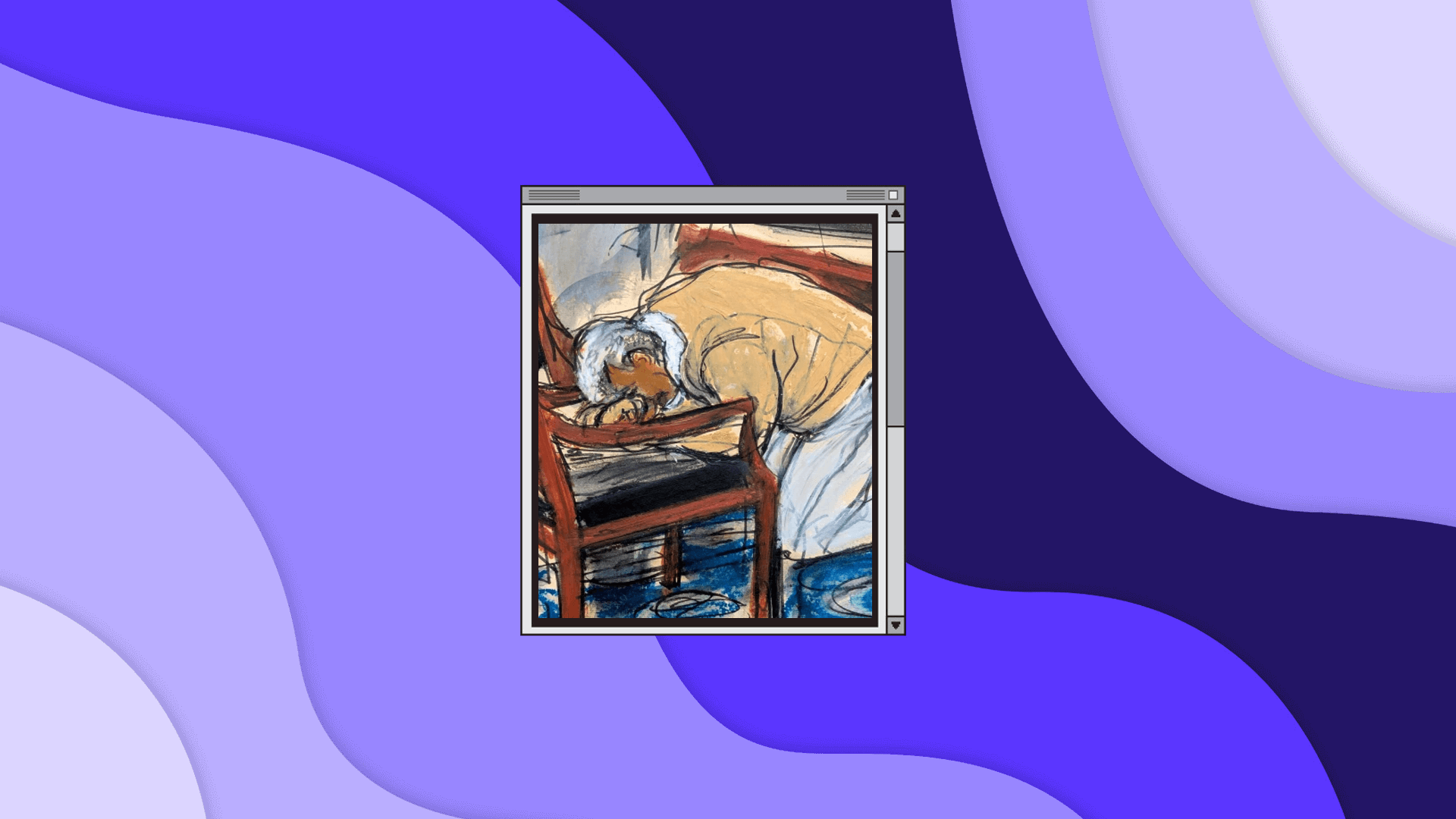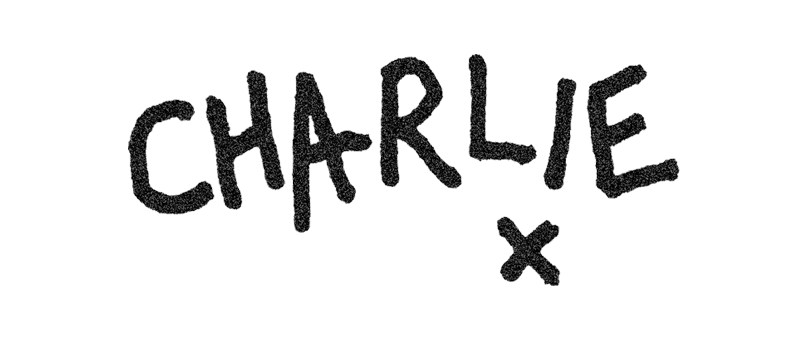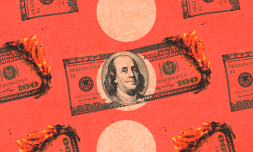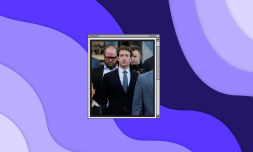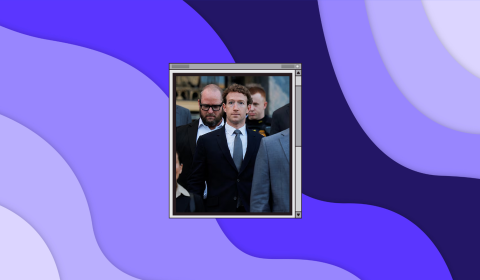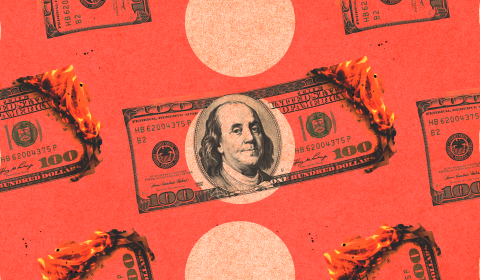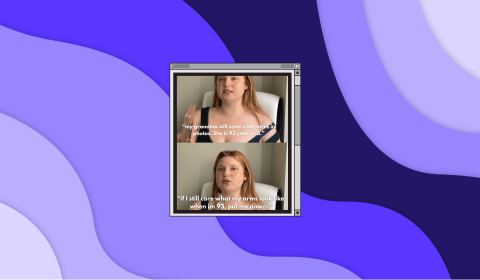Over the past decade, we’ve seen the idealism of celebrity and wealth come crashing down in numerous scandals and legal disputes. With more of us financially struggling than ever, and with unrest steadily growing across the globe, are we finally shedding the idea that celebrities know any better than us?
![]()
Last week, Sean ‘Diddy’ Combs was found guilty of two separate incidents of transporting former girlfriends to engage in prostitution and sex acts. These were the lesser charges of a wider court proceeding that included two accusations of sex trafficking and a further case of racketeering conspiracy.
While these three additional charges were dismissed, he could still serve a maximum of twenty years for the initial two. While we’ve yet to know the actual amount of time that Diddy will spend in jail, it’s unlikely that he’ll ever be able to publicly recover or regain the high-level celebrity reputation he enjoyed for three decades. The party is over.
Diddy’s story of music mogul to convicted criminal is not an isolated one, and is the latest in a string of celebrity scandals that have dismantled many of the ideals we once held about the rich and powerful. Even when looking specifically at hip-hop culture, various names over the years have been permanently tarnished, prompting questions as to the ethical responsibilities of listeners and audiences over our relationships with famous people.
R. Kelly is a convicted paedophile and sex criminal, Suge Knight is serving time for a hit-and-run in 2015, Kanye West is now a vocal Nazi and Hitler sympathiser, Fetty Wap is in prison for trafficking illegal substances, the list is endless – and this is only when looking at hip-hop.
Various movements like the #MeToo initiative have recontextualised how we perceive wealth, celebrity and status. Other famously ‘nice’ entertainers have been accused of toxic work environments and bullying, such as Ellen DeGeneres and the musician Lizzo, while Will Smith shattered his image with an infamous slap at the Oscars several years ago.
More celebrities than ever are being reconsidered and deconstructed, and the idea that we should count on the rich and famous to morally guide us is becoming an increasingly laughable idea.
This is partly why Katy Perry’s attempt at a comeback failed so spectacularly, for example. Flying around in space with a flower might have worked with the public fifteen years ago, but these days it comes off as ludicrous, self-indulgent and tone deaf.
When celebrities came out in support of Kamala Harris last year in the US, nobody really cared. Remember that selfie with tons of stars at the Oscars that ‘broke the internet’ in 2014? The idea of such an image even remotely moving the needle today seems bizarre.
We don’t consider Hollywood opinions to be any more important or informed than our own in 2025, which is a world away from the celebrity-obsessed hoopla of the noughties.
Gen Z in particular are all about micro-influencers, authenticity and genuine connection, all of which can be nurtured and developed via personal branding on social media websites. We don’t need big mainstream names in the way we once did, and the ongoing scandals of established figures only adds to a growing sense of apathy and irrelevance toward people who do not care about regular folks.
Diddy isn’t the first and neither will he be the last, but the picture becomes clearer with each huge revelation that rocks the entertainment world. Celebrities are not our friends and shouldn’t be worshipped, and their endorsements says more about their wallets than their better judgement.









